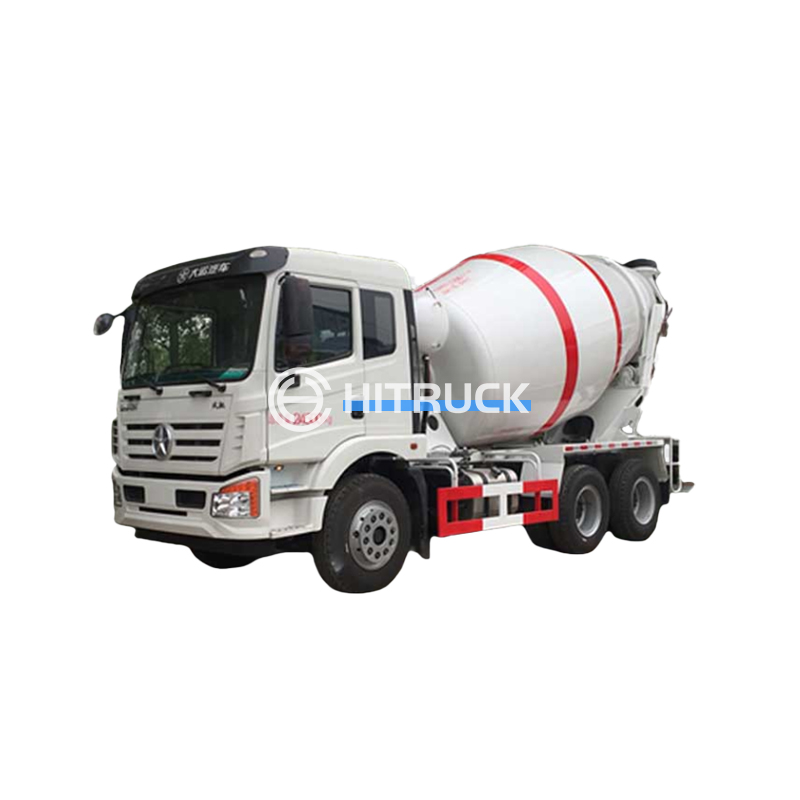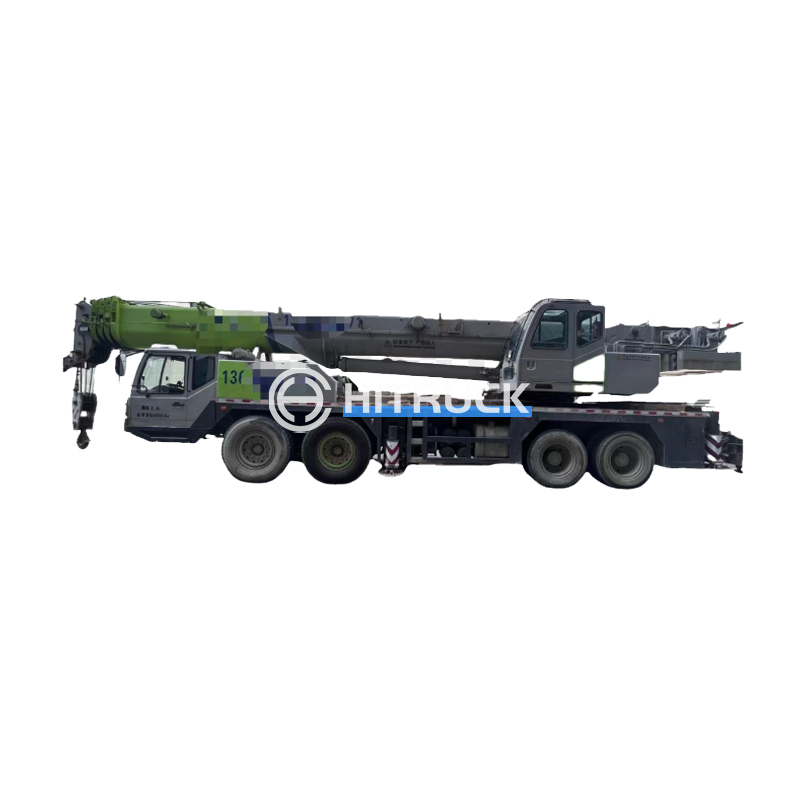This comprehensive guide explores the world of electric concrete mixer trucks, covering their benefits, types, applications, and considerations for purchase. Learn about the environmental impact, operational costs, and technological advancements shaping this evolving sector of the construction industry. We'll delve into key features, compare different models, and address common questions to help you make an informed decision.
One of the most significant advantages of electric concrete mixer trucks is their reduced carbon footprint. Unlike their diesel counterparts, they produce zero tailpipe emissions, contributing to cleaner air in urban environments and reducing greenhouse gas emissions. This aligns with global sustainability initiatives and makes them an attractive option for environmentally conscious construction companies. This is particularly crucial in densely populated areas where air quality is a major concern.
While the initial investment might be higher, electric concrete mixer trucks often offer lower long-term operating costs. Electricity is typically cheaper than diesel fuel, leading to significant savings on fuel expenses. Furthermore, electric motors require less maintenance than diesel engines, reducing repair and maintenance costs over the vehicle's lifespan. Reduced downtime due to maintenance further contributes to cost savings.
Electric motors are significantly quieter than diesel engines, leading to a more pleasant work environment for operators and those working nearby. Reduced noise pollution is a key benefit in noise-sensitive areas, allowing for construction work even during restricted hours, potentially boosting project efficiency.
The absence of exhaust fumes reduces the risk of carbon monoxide poisoning for operators and those working in the vicinity. Furthermore, the quieter operation can improve overall site safety by enhancing communication and reducing distractions.
Electric concrete mixer trucks are available in various sizes and capacities, ranging from smaller models suitable for smaller construction projects to larger models capable of handling large-scale projects. The choice depends on the specific needs of the project and the volume of concrete required.
Different types of batteries are used in electric concrete mixer trucks, each with its own advantages and disadvantages in terms of energy density, charging time, and lifespan. Consider the available charging infrastructure and the daily operational requirements when selecting a truck. Fast-charging options are becoming increasingly available, minimizing downtime.
Several factors need careful consideration when selecting an electric concrete mixer truck. These include the size and capacity required, the type of battery, the charging infrastructure, the range on a single charge, and the overall cost of ownership. It’s also vital to assess the suitability of the truck for the specific terrain and working conditions.
| Brand | Model | Capacity (m3) | Battery Range (km) | Charging Time |
|---|---|---|---|---|
| Brand A | Model X | 8 | 150 | 4 hours |
| Brand B | Model Y | 6 | 120 | 3 hours |
Note: This is example data. Please refer to manufacturer specifications for accurate information.
The future of electric concrete mixer trucks is bright, with ongoing advancements in battery technology, charging infrastructure, and vehicle design leading to improved efficiency, longer ranges, and reduced costs. Autonomous driving technology is also poised to revolutionize the industry, enhancing safety and productivity.
For more information on finding the perfect electric concrete mixer truck for your needs, visit Suizhou Haicang Automobile sales Co., LTD – your trusted partner for commercial vehicles.












